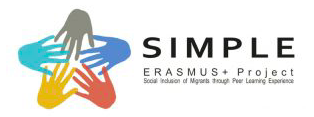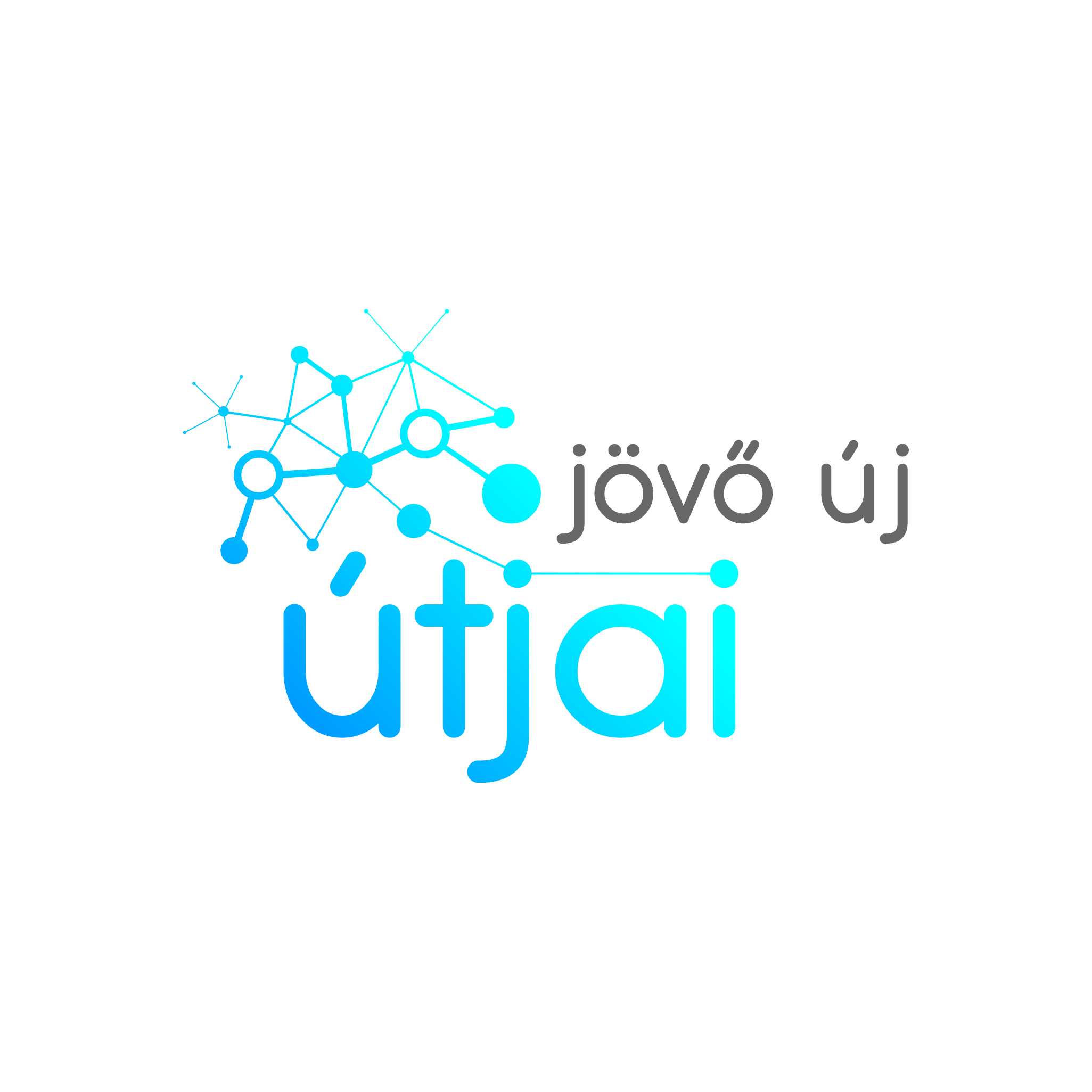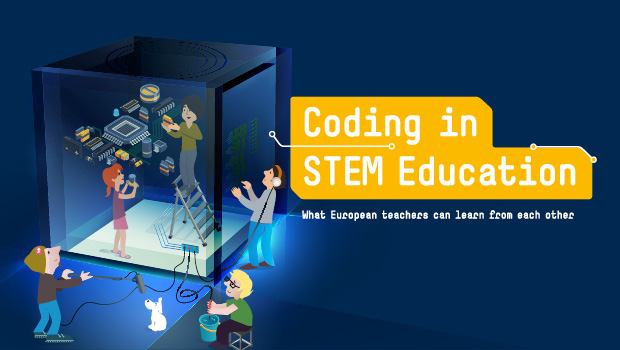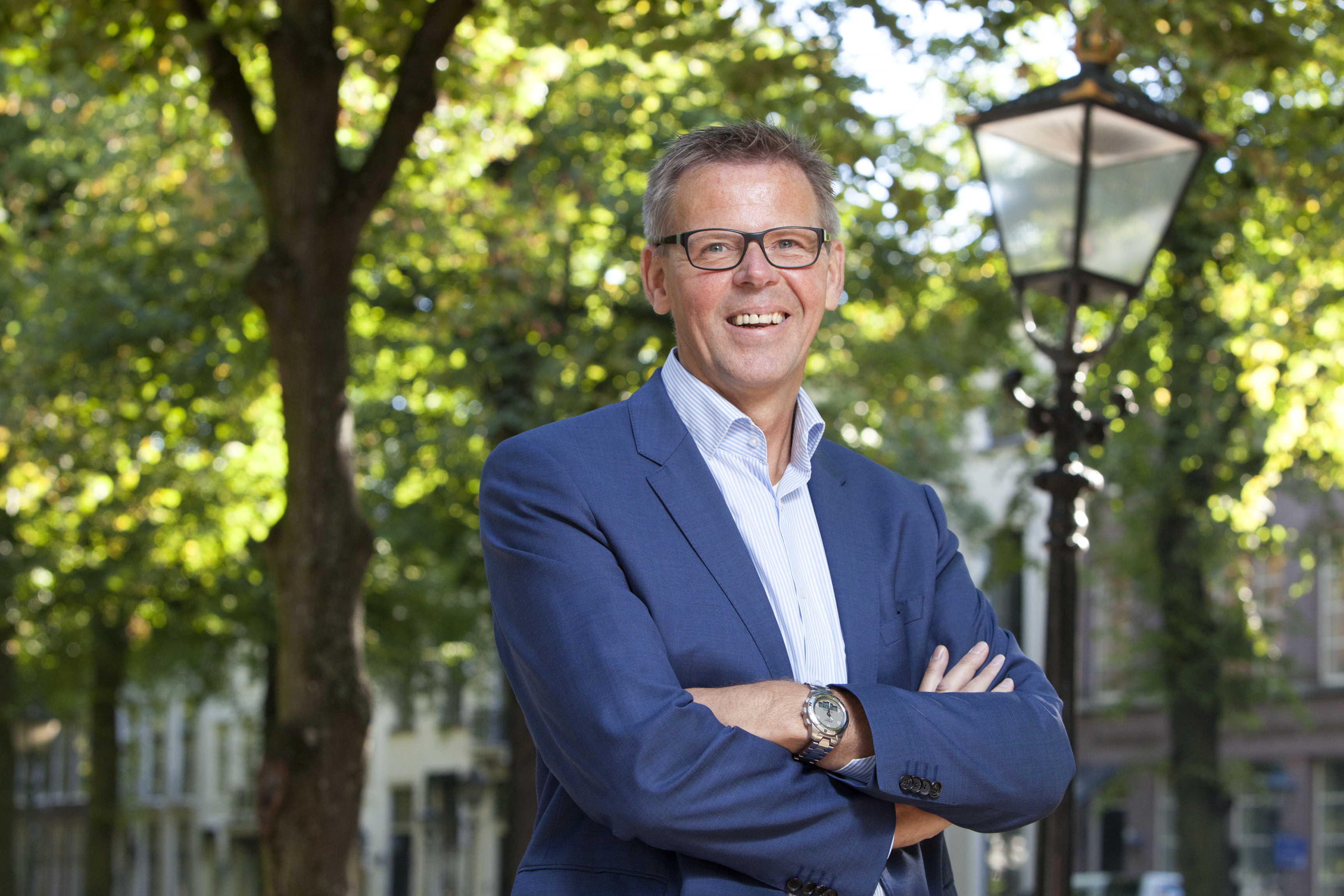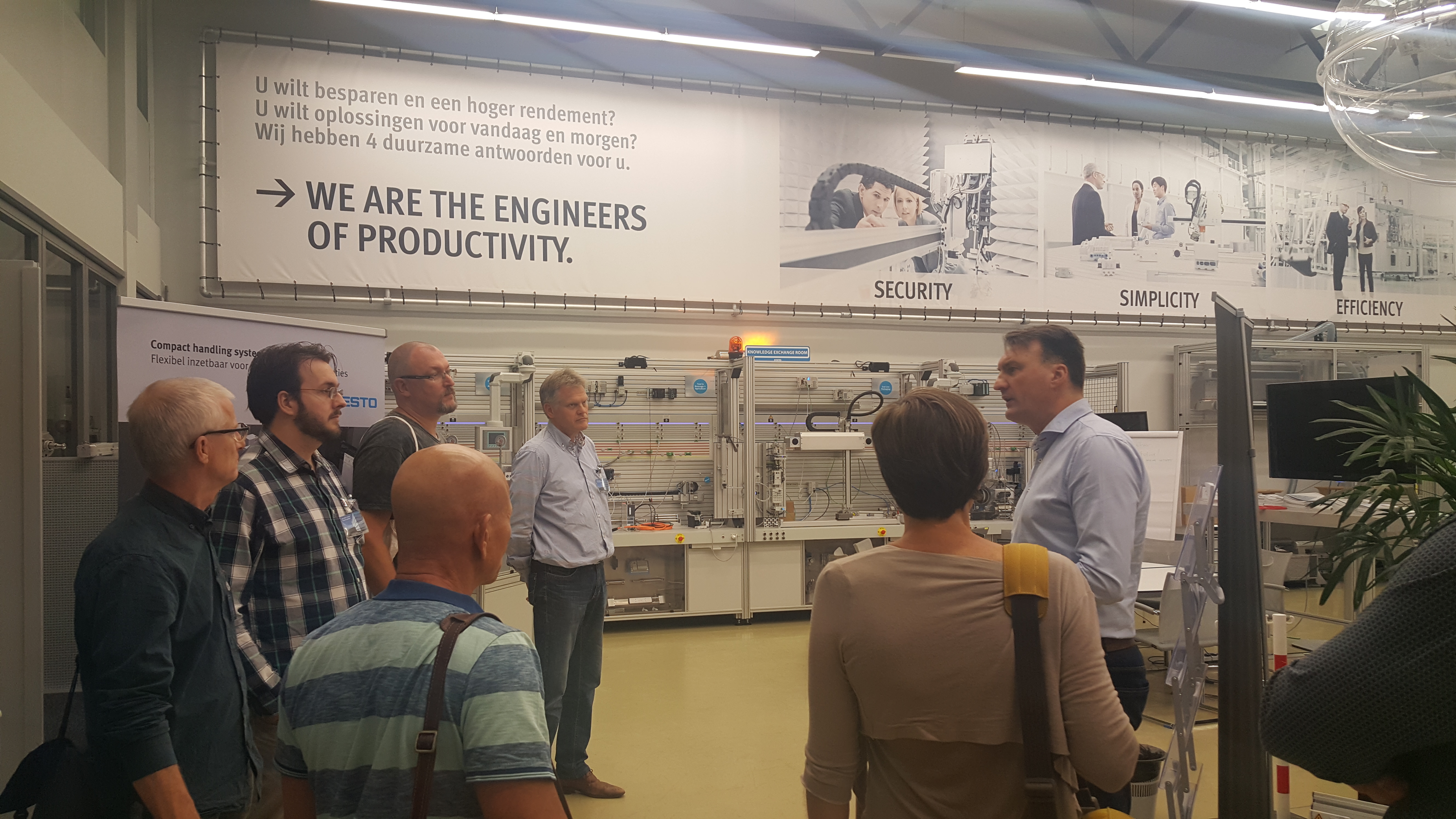STEAM+ NATIONAL COMPETITION FOR NEW TALENTS MAY 2024
STEAM+ NATIONAL COMPETITION FOR NEW TALENTS MAY 2024
Steam+ Albania and the Talenti platform, part of Barleti University, as part of the completion of the tour of regional competitions in Tirana, Durrës, Elbasan, Shkodër, Fier, Berat, took place on May 11, 2024 at 09.00 near the premises of the New Campus of Barleti University, Rr. . Frang Bardhi, Selitë Tirana, the biggest annual competition dedicated to the talent and skills of young people from all over the country: "National STEAM+ Competition for Young Talents 2024".
Students participated in this competition with 103 projects from 50 high schools from all over the country in Natural Sciences (Biology, Chemistry, Mathematics, Physics), Engineering (Robotics, Electronics, Mechatronics, Electricity, Construction) ICT (IT, Programming, Databases ), Architecture-Design, Arts and Creativity realized by students in recent years.
The winner of the first prize was student Hejli Dedja from "Pjeter Budi" Gymnasium, Burrel with her project "EcoBits". The second prize was won by a group of students from Gymnasium: "Zhani Ciko" Patos, Fier with the project "Enchanting world of bees". Indrela Lesha from Gjimnazi "Maarif" Shkodër won the third prize with the project "Urban Renewal: Rebirth of Marginal Zones".
All participants were provided with a certificate and the finalists were provided with a winner's certificate in this event.
STEAM + competitions for Young Talents will be annual with a total of 5 competitions; 4 regional competitions (Fier, Shkodër, Tirana and Korçe) and 1 national competition.
The event served as a valuable meeting point for promoting the talents of students and graduates, and supporting them to develop skills, knowledge, attitudes and talent, not only nationally, but also internationally through the philosophy of STEAM+.
-
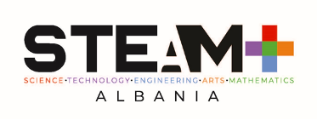
-
-
-








